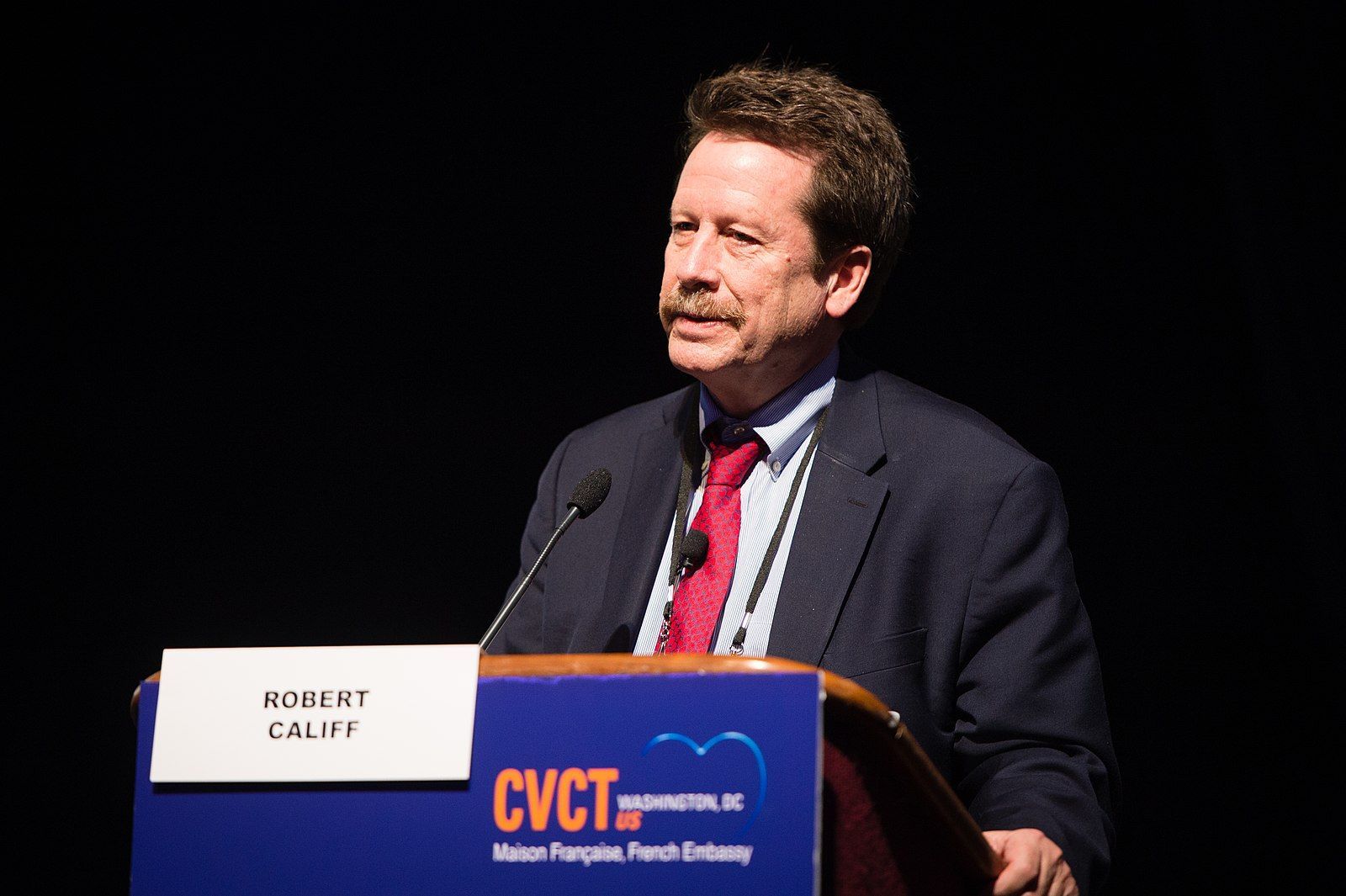On February 15, the United States Senate confirmed the nomination of Robert Califf, 50-46, as the Commissioner of the Food and Drug Administration.
Califf's appointment was one of the most controversial in the 115-year history of the FDA, and the narrowest confirmation for the chief role. In an unusual break from party unity on President Biden's nominees, Bernie Sanders (I., Vt.) and four Democrats voted against confirmation: Joe Manchin (W.Va.), Ed Markey (Mass.), Richard Blumenthal (Conn.), and Maggie Hassan (N.H.). Much of the furor over Califf''s nomination centered on his ties to the pharmaceutical industry, but critics also pointed to institutional concerns with the agency's handling of abortion drug rules and the federal response to the ongoing opioid crisis. Each of these controversies carries potentially significant effects on low-income Americans.
One key development that helped Califf over the finish line was his promise to Sen. Ron Wyden (D., Ore.) that he would fix the Accelerated Approval Program (AAP). In place since 1991, the AAP allows the FDA to approve drugs quicker to treat serious and unmet medical needs based on a "surrogate endpoint"—a physical measure that by itself does not indicate a clinical benefit. In exchange for the right to market the drug, manufacturers must conduct Phase IV clinical trials to confirm the drug's anticipated clinical benefit.
Wyden, an outspoken critic of the AAP, pointed to the recent approval of the controversial Alzheimer's drug Aduhelm as evidence the AAP is broken. In short, Wyden and other critics believe that the FDA has relaxed its safety and efficacy standards too far. Wyden penned a letter asking Califf to explain how he would reform the AAP. In response, Califf wrote:
FDA must ensure that drug developers granted accelerated approval conduct confirmatory studies that demonstrate that the balance of clinical benefit and risk for the intended use of the drug is positive, and this must be done in a timely manner. This will be a high priority for me if I am confirmed to serve as the Commissioner of the FDA.
Under my leadership the Agency will use every authority at its disposal to encourage the diligent initiation of well-designed confirmatory studies. I would also welcome the opportunity to work with you, and other members of Congress, on additional authorities to ensure that any gaps in FDA's ability to hold developers accountable for conducting the studies as quickly as the science allows are closed.
Despite Califf's assurances to reform the AAP, the FDA already has the authority to pull any drug from the market if the manufacturer does not prove clinical efficacy in confirmatory trials in a satisfactory time frame.
FDA officials also highlight AAP's 83 percent success rate in converting drugs to full approval. But the FDA's conversion rate obscures how such drugs receive full approval. A 2019 study of FDA accelerated approvals for cancer drugs showed that of the 58 drug trials classified by the FDA as having established a clinical benefit, 39 trials (67 percent) showed improvement in a surrogate measure, rather than the clinical benefit required by the terms of accelerated approval.
Additionally, some drugs remain under accelerated approval long after it is reasonable to expect confirmatory evidence.
Put bluntly, the FDA has not shown a willingness to enforce clinical trial requirements for the use of clinically meaningful endpoints nor held companies to reasonable time frames to meet such requirements. As a result, public and private health insurers may be paying for drugs that are not effective, placing unnecessary strain on government balance sheets as well as low-income household budgets.
Fortunately, Congress has introduced legislation to help address these problems. The Conditional Approval Act, first introduced in 2019, would establish a sunset provision on accelerated approval, allowing a drug maker time to show a drug’s efficacy in one-year increments, renewable up to five years. The sunset provision would automatically withdraw a drug’s approval should the company not produce timely evidence of the drug’s efficacy. This policy would encourage drug companies to initiate and complete trials quickly while also shielding the FDA from outside pressure to keep a drug on the market without clinical evidence.
The FDA's standards for accelerated approval are only effective if they are enforced. A sunset on accelerated approvals would provide greater access to innovative therapies while also sending a clear signal to drug makers that timely and clinically meaningful evidence is not only encouraged, but expected.

